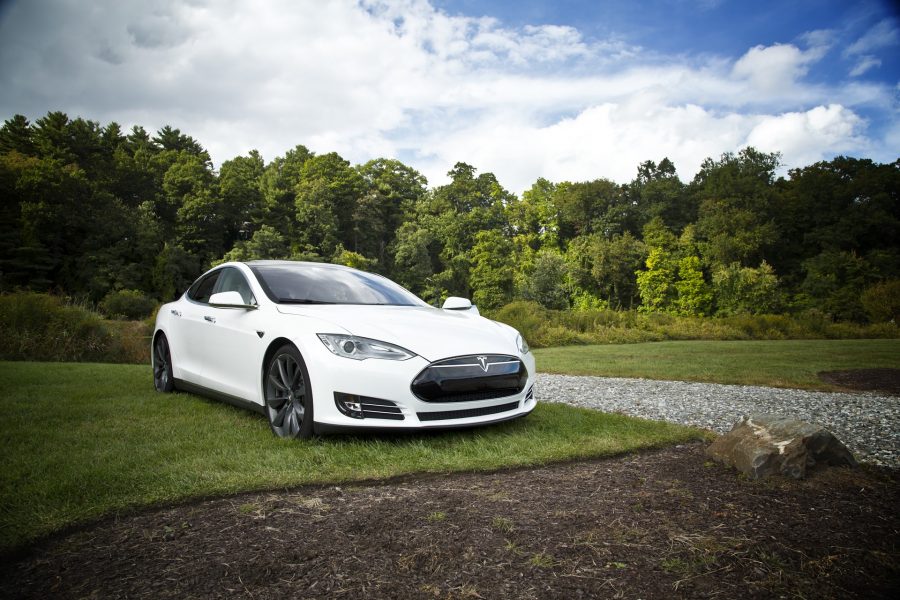In a bid to interpret why electronic vehicles are not growing in popularity, auto researchers from the University of Kansas and Indiana University undertook an extensive research a couple years back. The survey primarily focused on finding out the level of customer knowledge about the cost saving benefits of plug-in electronic vehicles. The results expressed widespread ignorance among owners about the financial incentives and the tax benefits of owning an EV. The researchers found it overwhelming that 95 percent of the respondents (2000 drivers from 21 US cities) did not know about the benefits.
Owning an EV car not only saves on fuel expenditure, but it also makes you eligible for various state and local EV subsidies and incentives like the access to HOV Lane. Going by this pattern, it is easy to assume that less than five percent drivers knew about the national $7,500 tax credit either. Independent observers are indeed finding it amusing that the lack of understanding is so prevalent. To quote a comment from a leading online automobile forum, “In the era of information, ignorance is essentially a choice. However, this gives the informed with a grand chance to lead into the future“.
The study effectively reveals that the problem with EV popularity is not about the inhibition to accept a new technology, but directly connects to ignorance and misunderstanding. Most drivers displayed a vague opinion about the EV vehicles, although almost none of them ever drove one. The premium group of car-owners using the EVs expressed satisfaction at the clean driving experience. With the significant savings, they also expressed happiness at the gratification of driving around in an EV. Another commentator at the auto forum noted, “It is a quaint experience. Refreshing!” There is apparently also lot of myths about the efficiency of EV cars. To put things to perspective, the commentator explained, “The Japanese developed an EV way back in 1949 that could cover 200 km in a single charge.”
The research also revealed that around three fourth of the surveyed drivers knew almost nothing about the savings in maintenance and fuel costs in PEVs compared to the gasoline fuel vehicles. A co-author of the research, John Graham noted, “There is need for more impetus on generating increased mainstream consumer campaign on these vehicles. Implementation of intelligent campaigning to present the several advantages of these vehicles is urgently necessary. Customers must be able to make an informed decision about selecting the EV over traditional gasoline fuel vehicles.” Aptly titled as “Perception and Reality”, the publication of the study has been through Energy Policy.
However, there is a catch. The survey dates to October 2011. That was before the two key plug-in vanguard vehicles, the Chevy Volt and the Nissan Leaf arrived at the market. This also indicates that there is an urgent need of updated data in the field. Latest reports from the field are already showing promising trends. The Chevy Volt scored a record sales figure of 3,351 units in August, which marked an increase of 18.4 % since August 2012. The annual sales figure of the Volt also exhibits a 11.1 percent increase. Coincidentally, the Nissan Leaf also made record August sales figures with 2,420 units. This indicates an overwhelming 253.3 % yearly sales figure increase from last August. 



